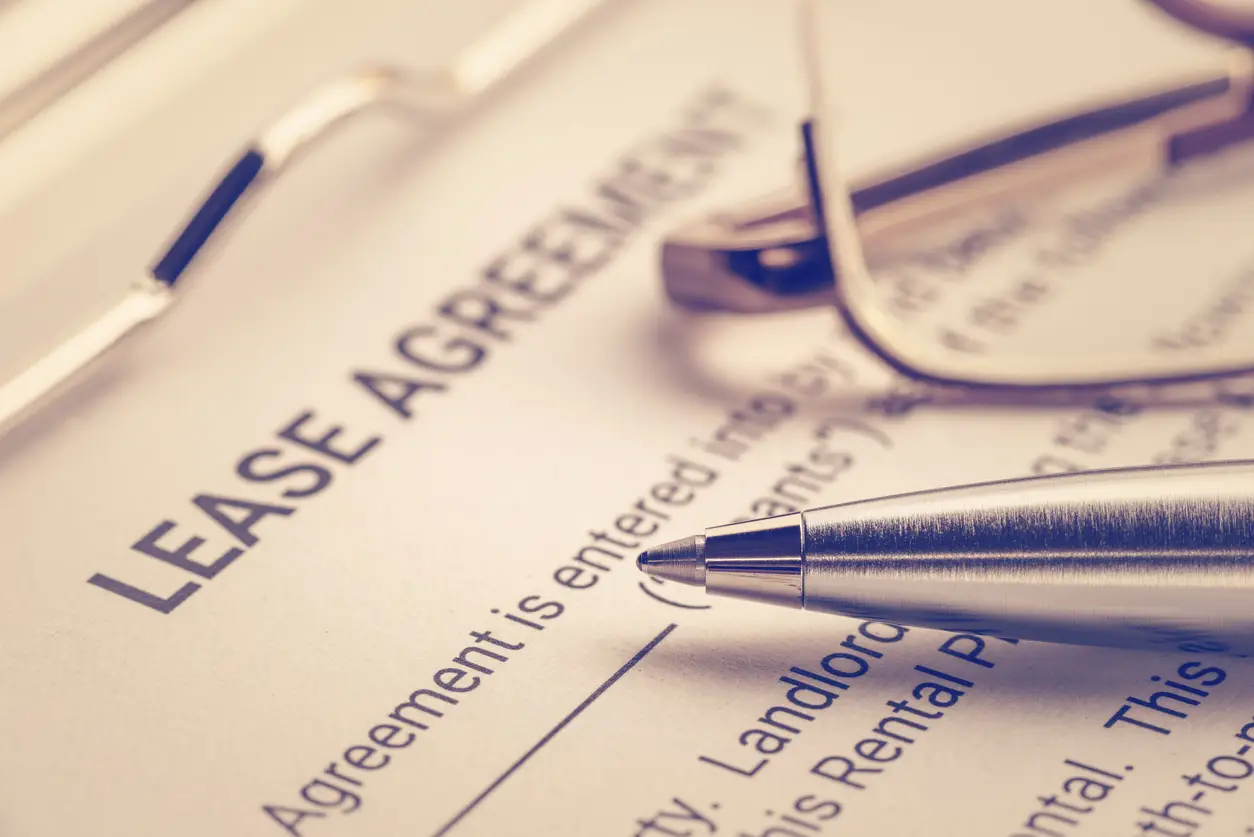What Are the Key Components of a Lease Agreement?
 Discover 'Unlocking the Lease Agreement: Essential Components for Property Success,' a guide detailing crucial landlord and tenant responsibilities within the lease. This document is key to property management success in Colorado areas like Denver, Boulder, and Lakewood, covering both fixed-term and month-to-month leases.
Discover 'Unlocking the Lease Agreement: Essential Components for Property Success,' a guide detailing crucial landlord and tenant responsibilities within the lease. This document is key to property management success in Colorado areas like Denver, Boulder, and Lakewood, covering both fixed-term and month-to-month leases.
Concept of Lease
Understanding the key elements of a lease agreement is essential for a positive, lawful landlord-tenant relationship that is crucial for rental property success in Colorado areas like Highlands Ranch and Aurora.
#1 Parties Involved
A lease agreement defines the landlord-tenant relationship, where the landlord allows the tenant to use their property under certain lease terms. Both parties in the lease must understand their duties, including the landlord's maintenance responsibilities and the tenant's obligations for timely rent payment and property upkeep.
#2 Property Description
A lease agreement must thoroughly detail the property's address, type (e.g., apartment, single-family home), and unique features, particularly for locations like Highlands Ranch, Littleton, and Aurora, to avert disputes and set clear expectations.
#3 Term of the Lease
Lease terms define rental lease agreement lengths, often a year, but can vary with market conditions and landlord preferences. Lease lengths may adjust for seasonal demand, or tenant needs in areas like Centennial, Northglenn, and Thornton, with clear renewal or termination options outlined.
#4 Rent and Security Deposit Details
This lease section outlines rent and security deposit guidelines, including payment amounts, due dates, methods, and security deposit details. Practices may vary across regions like Arvada, Cherry Creek, and Golden due to local rates and laws.
#5 Maintenance and Repair Responsibilities
To avoid misunderstandings, the lease must clearly define maintenance duties, specifying landlord tasks such as structural repairs and tenant responsibilities, including minor fixes and upkeep, which are crucial in areas like Westminster and Lone Tree for rental appeal.
#6 Rules and Regulations
Each lease should have a section detailing property use rules, including
pet policies,
subletting restrictions, and
modification guidelines,
customized for Colorado's varied rental markets like Englewood and Superior, ensuring relevance and enforceability.
#7 Legal Clauses and Compliance
Incorporating clauses that comply with all housing laws, including the Fair Housing Act, is essential to protect interests, ensure lease legality, and promote successful property management in Colorado areas like Wheat Ridge, Louisville, and Stapleton.
Essential Elements of a Lease Agreement
Lease agreements form the essential foundation of the landlord-tenant dynamic, outlining mutual expectations, duties, and rights, ensuring a smooth property management process in Colorado for both parties.
Landlord's Rights and Responsibilities in Lease Agreement
A well-structured lease agreement must delineate the landlord's rights and responsibilities to ensure a safe and compliant rental experience. Key responsibilities in the lease agreement include:
Maintenance and Repairs: Landlords must keep the property in habitable condition, promptly addressing necessary repairs and maintenance issues. This includes ensuring the property's electrical, plumbing, heating, and structural aspects are safe and functional.
Right to Enter: The lease should specify conditions under which the landlord may enter the property, typically for inspections, repairs, or in emergencies, with reasonable notice provided to the tenant, except in specific emergency situations.
Security Deposit: The Lease agreement should clearly state the amount, handling, and return process of the security deposit in compliance with Colorado's security deposit laws.
Compliance with Laws: Landlords must comply with local, state, and federal laws, including fair housing regulations, health and safety codes, and rent control ordinances where applicable.
Tenant's Rights and Responsibilities in Lease Agreement
The lease agreement also outlines the tenant's obligations and rights, particularly nuanced in Colorado due to specific state regulations. These include:
Rent Payments: The Lease agreement must clearly define the rent amount, due dates, grace periods, and late fees. Colorado law allows landlords to set their late fees, which must be reasonable and specified in the lease.
Use of Property: Tenants are responsible for using the property as intended (e.g., residential use) and must avoid causing damage or disturbances. The lease should outline permissible activities and any restrictions.
Maintenance and Cleanliness: While major repairs fall to the landlord, tenants are typically responsible for keeping the property clean and performing minor maintenance, such as changing light bulbs and smoke detector batteries.
Rights to Privacy: Tenants have a right to privacy, with landlords required to provide notice before entering the property, except in emergencies. Colorado law specifies the conditions under which a landlord can enter a rental unit.
Clearly defining key elements in a lease agreement ensures a transparent, legal relationship between landlords and tenants in Colorado, setting the foundation for success and reducing disputes by establishing clear expectations.
How Can Landlords and Tenants Navigate Lease Agreements Effectively?
For landlords and tenants, understanding and negotiating lease agreements is crucial. Start by thoroughly reading the lease agreement and noting any unclear or unfair clauses. Don't hesitate to ask questions or request modifications; this is a standard part of the leasing process.
Pay special attention to lease terms regarding rent payments, maintenance responsibilities, security deposits, and lease termination. It's also beneficial to consult with property management experts like My Haven, who bring extensive knowledge of local laws and market trends. Their expertise can help both parties navigate the complexities of leasing agreements, ensuring a fair and beneficial arrangement for everyone involved.
Summary
For successful property management, My Haven emphasizes the importance of clear, comprehensive lease agreements and transparency, ensuring landlords and tenants understand their rights and responsibilities for a harmonious relationship.


